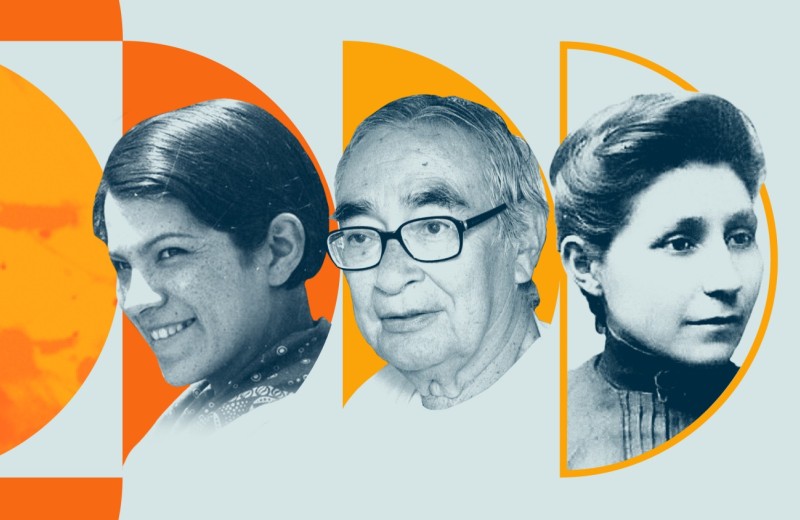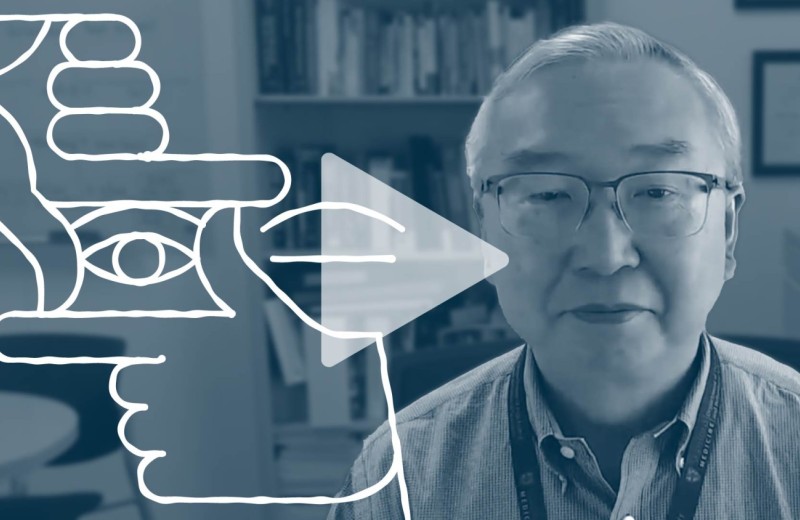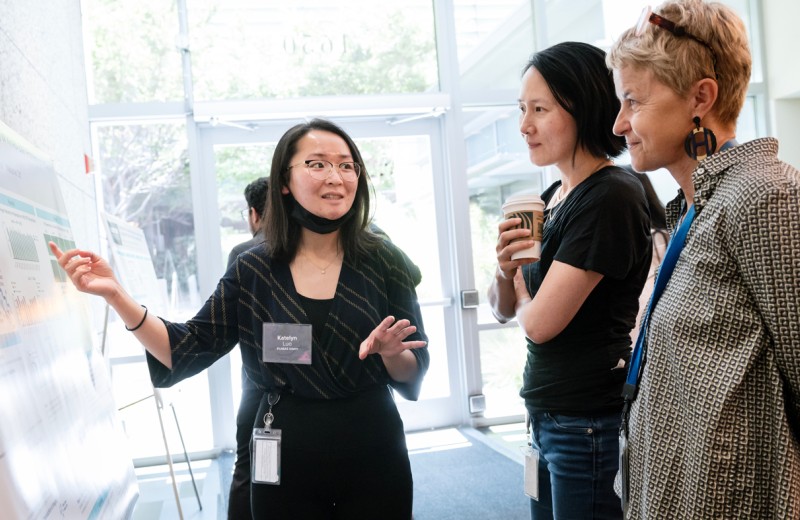Gladstone NOW: The Campaign Join Us on the Journey✕
Diverse teams, made up of both cognitive and identity diverse people, can improve problem solving, predictions, and creative thinking. The bonuses that accrue from diversity rest on logical, mechanistic principles but achieving them requires understanding people, and how to create inclusive spaces that encourage frank considerations of ideas. Not easy, given how our thoughts are often tied up with our identities. On August 31, 2021, Scott Page joined the Amplified: Race and Reality series to take on some of the whys and hows of being an effective diverse organization. This event was moderated by Tyrone Porter, PhD.
About the Speaker
Scott E. Page’s research focuses on the function of diversity in complex social systems, the potential for collective intelligence, and the design of institutions for meeting the challenges of a complex world.
A recipient of a Guggenheim Fellowship and a fellowship at the Center for Advanced Studies in the Behavioral Sciences at Stanford, Page was elected a fellow of the American Academy of Arts and Sciences in 2011, and in 2019, he was awarded a Distinguished University Professorship from the University of Michigan, the university’s highest academic honor.
He is the author of more than one hundred research papers and five books covering a variety of fields including game theory, economics, political theory, formal political science, sociology, psychology, philosophy, physics, public health, geography, computer science, and management. Along with five other scholars, he has recently created a new academic journal of collective intelligence.
Amplified: Race and Reality in STEM aims to give a national platform to speakers to have candid conversations around race and diversity in the STEM fields. Launched in 2020 as part of Gladstone’s commitment to diversity, equity, and inclusion, this series is hosted in partnership with Georgia Tech, the Molecular Engineering & Sciences Institute at University of Washington, and The University of Texas at Austin. We hope these discussions spark change throughout the sciences.
Highlighting Native American Scientists
Highlighting Native American Scientists
Learn more about these indigenous scientists who’ve made an impact on their fields
Communications DiversityNeurodiversity in the Workplace
Neurodiversity in the Workplace
Hear about the “Strengths-Based Model of Neurodiversity” and how it can help neurodiverse individuals be successful in finding employment and in maximizing their professional potential
Communications DiversityPUMAS Program Receives Five-Year Grant to Fuel Outreach, Diversify Science
PUMAS Program Receives Five-Year Grant to Fuel Outreach, Diversify Science
The impactful summer internship program, created at Gladstone Institutes, immerses select undergraduates in cutting-edge science
Postdoctoral and Graduate Student Education and Research Development Affairs Student Outreach and Science Education Institutional News Diversity



